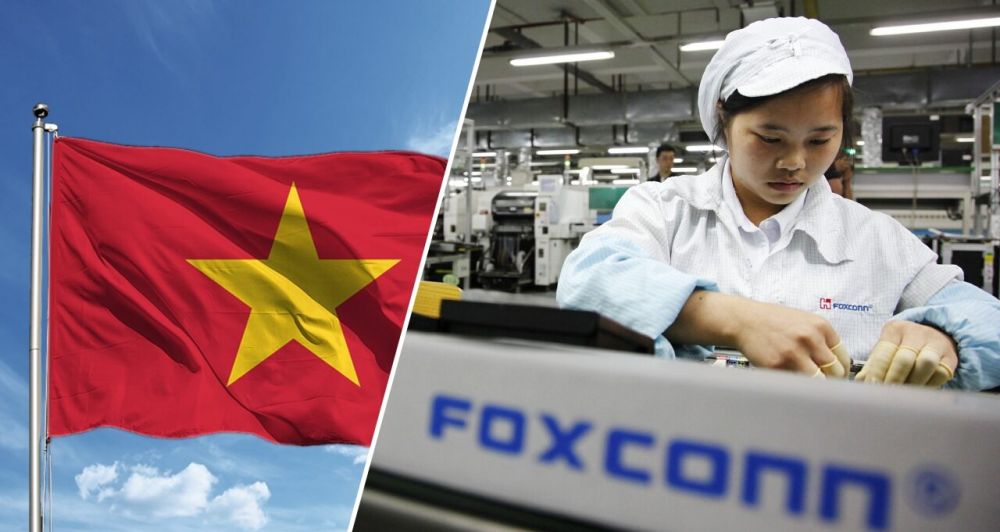 |
| Taiwanese electronics supplier Foxconn is moving its assembly plant for Apple's iPad and MacBook from China to Vietnam. (Source: Somag) |
New investment capital increased sharply
Positive signals of foreign investment flows into Vietnam have been revealed, when the Foreign Investment Agency (Ministry of Planning and Investment) announced statistics on foreign investment attraction in the first 5 months of the year last weekend.
As of May 20, 2023, the total registered foreign investment capital in Vietnam reached nearly 10.86 billion USD, down only 7.3% over the same period last year. Of which, newly registered capital reached more than 5.26 billion USD, up 27.8%; adjusted capital reached 2.28 billion USD, down 59.4%; and investment capital through capital contribution and share purchase reached nearly 3.32 billion USD, up 67.2% over the same period.
Thus, after 5 months, only adjusted capital decreased compared to the same period last year, while newly granted capital and investment capital through capital contribution and share purchase both increased. In fact, the signal is quite positive, because according to Mr. Do Nhat Hoang, Director of the Foreign Investment Agency, the increase in new investment capital after 5 months was higher than the increase in 4 months (11%). The number of newly registered projects in 5 months also increased sharply compared to the same period (66.4%), reaching 962 projects.
“The fact that the growth rate of new projects is greater than the growth rate of total investment capital shows that small and medium-sized foreign investors continue to be interested in and confident in Vietnam's investment environment and make new investment decisions,” said Mr. Do Nhat Hoang.
Similarly, although adjusted investment capital still decreased compared to the same period (down 59.4%), due to the lack of large capital adjustment projects, the decrease has improved compared to the first months of the year. The number of projects adjusting capital also increased more strongly (up 22.8% compared to the same period) instead of increasing by 19.5% in 4 months, increasing by 2.6% in 3 months and decreasing by 6.3% in the first 2 months of the year.
“This affirms investors’ confidence in Vietnam’s investment environment, so they continue to make decisions to expand existing projects,” said Mr. Do Nhat Hoang.
According to the Foreign Investment Agency, in the first 5 months, disbursed foreign investment capital is estimated at 7.56 billion USD - an improved decrease compared to the beginning of the year.
Thus, although the general trend is still slowing down, the situation is gradually becoming more positive. This has once again affirmed that the slowing down of foreign investment attraction is not because Vietnam is losing its competitive advantage, but because of the general trend of global investment flows.
Economic instability, geopolitical instability… are things that have been mentioned for a long time. And recently, there is a story related to the fact that some countries will apply a global minimum tax from 2024.
The Foreign Investment Agency itself, in its report on foreign investment attraction in May 2023, once again stated that while small and medium-sized enterprises are still very interested in investing in Vietnam, "large corporations are currently cautious and carefully considering continuing to make large investments in Vietnam in the context of the impact of the global minimum tax policy".
Increasing competitiveness to attract FDI
Although the trend has improved, and according to a recent report by VinaCapital, “foreign investment in Vietnam continues to maintain stability”, it is clear that competition to attract foreign investment is becoming increasingly fierce. If Vietnam does not promptly increase its competitiveness, it may “lose steam” in this race.
Mr. Michael Kokalari, Chief Economist of VinaCapital, emphasized the emergence of two potential risks to Vietnam's foreign investment flows. That is, Vietnam may be losing its competitiveness in attracting foreign investment compared to India, Malaysia, and Indonesia; Vietnam may also lose its attractiveness due to the new mechanism on global minimum tax.
Although Mr. Michael Kokalari's subsequent assertions all showed that Vietnam will continue to be a top destination for foreign investors, especially from multinational companies looking to produce for export and looking for an alternative or complementary production base to China in the near future, these are still issues of concern to both investors and policymakers.
Since last year and into the 5th Session of the 15th National Assembly, the Government's reports, as well as the National Assembly's Economic Committee's review reports, have expressed concern about the declining trend of foreign investment in Vietnam, especially new investment capital. This is also one of the reasons why Prime Minister Pham Minh Chinh had a dialogue with foreign investors at the end of April and then, a few days ago, issued Directive No. 14/CT-TTg dated May 24, 2023 on a number of tasks and solutions to improve the efficiency of foreign investment in the new period.
Accordingly, a series of tasks and solutions have been assigned by the Prime Minister to ministries, branches and localities, one of which is to accelerate planning work; prepare favorable conditions for attracting investment and production - business; as well as improve the effectiveness of investment promotion and attraction activities.
In this group of tasks and solutions, it is worth noting the timely removal of obstacles in investment and business procedures, resolutely cutting unnecessary administrative procedures; preparing conditions for land, high-quality human resources, infrastructure, etc.; building a database system on Vietnamese enterprises that meet the standards of being suppliers for foreign-invested enterprises, etc.
In fact, when reporting on the situation of attracting foreign investment in the first 5 months of the year, the Foreign Investment Agency also pointed out that new investment projects are still focused on provinces and cities with many advantages in attracting foreign investment, such as good infrastructure, stable human resources, efforts to reform administrative procedures and dynamism in investment promotion such as Hanoi, Bac Giang, Ho Chi Minh City, Binh Duong, Dong Nai, Bac Ninh, Hai Phong...
Among these localities, Bac Ninh has emerged as a “magnet” for foreign investment in recent years. Many big names, such as Samsung, Foxconn… and recently, Amkor have chosen Bac Ninh as their destination.
Sharing the province's experience, Chairman of the People's Committee of Bac Ninh province Nguyen Huong Giang said that one of the reasons why Bac Ninh is chosen and highly appreciated by foreign investors is because the province always strives to accompany and stand side by side to remove difficulties for businesses and investors.
“Our consistent message is that ‘Bac Ninh is always ready to work with businesses’, ready for land, ready for human resources, ready for reform and ready for support. Bac Ninh also determines that planning work must be one step ahead, paving the way, leading, creating favorable conditions to attract investment, especially large projects,” said the Chairman of the Bac Ninh Provincial People’s Committee. According to the Chairman of the Bac Ninh Provincial People’s Committee, Nguyen Huong Giang, Bac Ninh also always determines that improving the investment and business environment and administrative reform is “non-stop”, in the direction of “support and service”, creating the most favorable conditions for people and businesses.
Bac Ninh is on the right track. The solutions they are implementing are in line with the spirit of the Directive just issued by the Prime Minister. If every locality can do that, foreign investment will continue to flow into Vietnam.
“Vietnam is still a safe and attractive destination. However, in the context of global investment flows showing a downward trend, while the need to attract investment capital for the recovery and development period after Covid-19 is increasing, competition to attract foreign investment among developing countries will be fierce,” Minister of Planning and Investment Nguyen Chi Dung also emphasized.
According to the Minister, in order to welcome the new wave of investment, Vietnam must prepare conditions such as clean land, completed infrastructure, energy, skilled labor supply, and capacity building for domestic enterprises to participate in the value chain...
“It is necessary to prepare new incentive and investment support policy packages, in the context of the global minimum tax being applied in 2024, to increase the competitiveness of the investment environment and harmonize the interests of investors,” said Minister Nguyen Chi Dung.
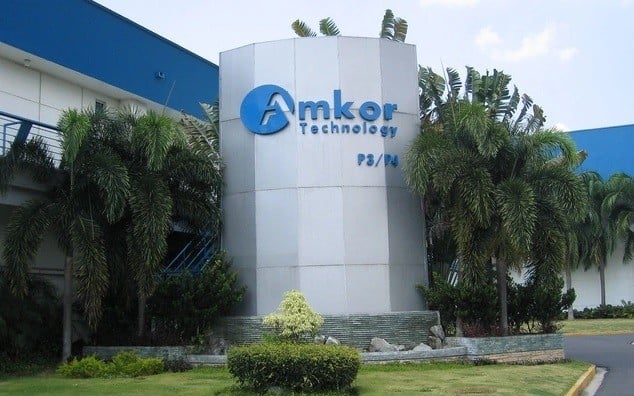 |
| Amkor's semiconductor factory in Bac Ninh will be operational by the end of this year. (Source: Cafe F) |
Ready to welcome the "eagle"
When concerns about the “hesitation” of large corporations are present, Vietnam must find a way to make foreign investors feel secure in investing large amounts of capital. When large corporations pour into Vietnam, the opportunity to “improve the quality” of capital flows is huge.
Preparing new incentive and investment support policy packages, as mentioned by Minister Nguyen Chi Dung, is extremely important in the current context.
Following concerns from investors and the Government, the National Assembly's Economic Committee, when examining the Government's report, also emphasized the need to urgently propose appropriate solutions and policies for the global minimum tax mechanism, as well as remove difficulties and obstacles for investors, including regulations on fire prevention and fighting...
These are the issues that foreign investors mentioned a lot during the dialogue with the Prime Minister at the end of April 2023.
Although Amkor's semiconductor factory in Bac Ninh will not be operational until the end of this year, Mr. Kim Sung Hun, General Director of Amkor Technology Vietnam, is still worried. Therefore, Mr. Kim Sung Hun suggested that clearer and more detailed standards on fire prevention and fighting should be issued, and especially that the Government should soon make decisions and measures to deal with the worsening investment environment while applying the global minimum tax policy.
Therefore, the Prime Minister's drastic actions in finding solutions to "untangle" the global minimum tax problem are highly appreciated by foreign investors.
“The global minimum tax is unlikely to deter foreign investment flows into Vietnam, given that tax incentives are not the main attraction for setting up a factory in Vietnam. Furthermore, we believe that the Vietnamese government, like other governments in the region, will find alternative solutions that fundamentally balance tax obligations when the global minimum tax is implemented,” said Mr. Michael Kokalari.
| In its May 2023 macroeconomic update report, the World Bank (WB) also mentioned the decline in foreign investment flows into Vietnam, including disbursed capital, in recent months. However, according to the WB, this may stem from “investor caution due to global uncertainties”. |
Source



![[Photo] Celebrating the 70th Anniversary of Nhan Dan Newspaper Printing House](https://vstatic.vietnam.vn/vietnam/resource/IMAGE/2025/4/15/a7a2e257814e4ce3b6281bd5ad2996b8)

![[Photo] Reception to welcome General Secretary and President of China Xi Jinping](https://vstatic.vietnam.vn/vietnam/resource/IMAGE/2025/4/15/ef636fe84ae24df48dcc734ac3692867)
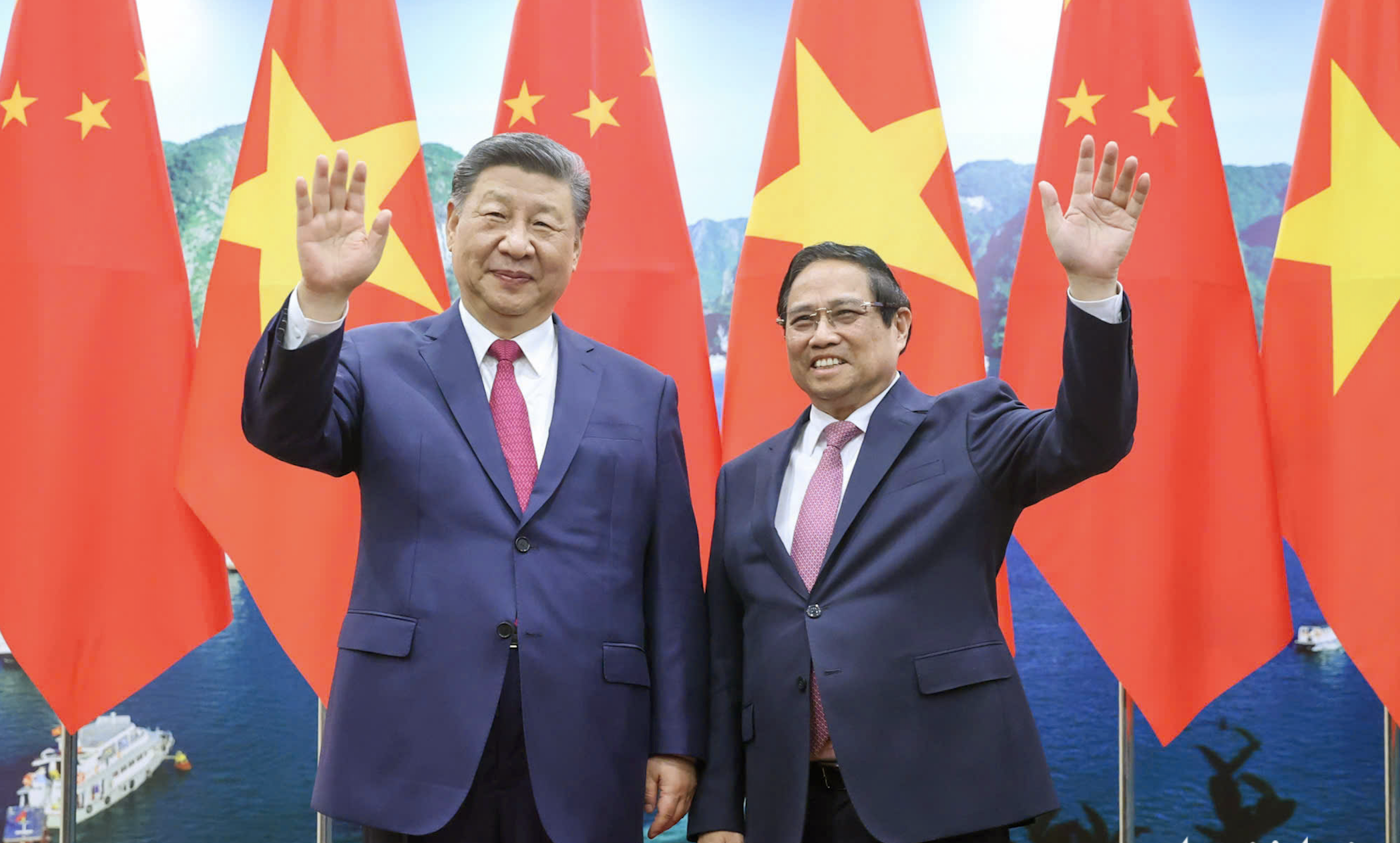
![[Photo] Tan Son Nhat Terminal T3 - key project completed ahead of schedule](https://vstatic.vietnam.vn/vietnam/resource/IMAGE/2025/4/15/85f0ae82199548e5a30d478733f4d783)
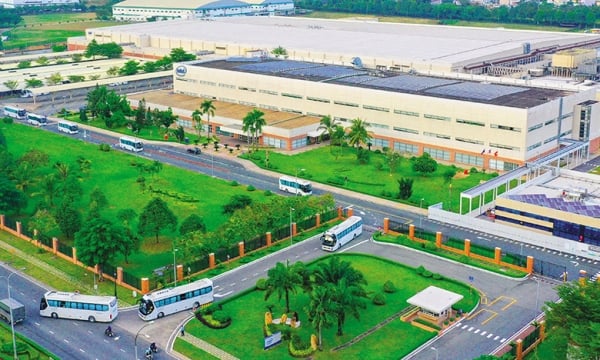

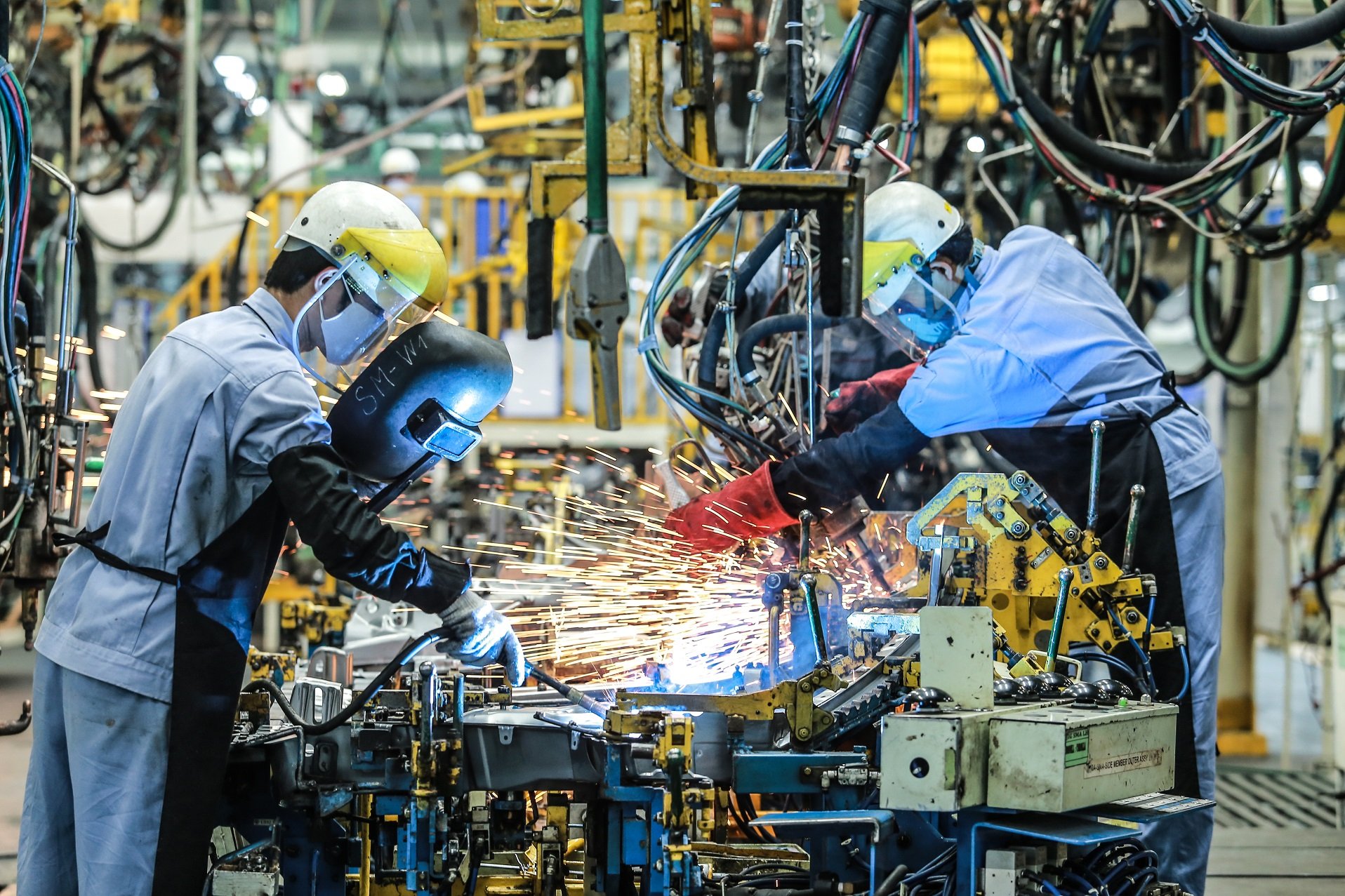

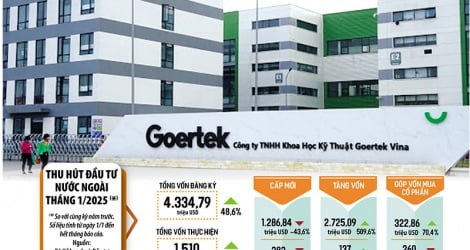

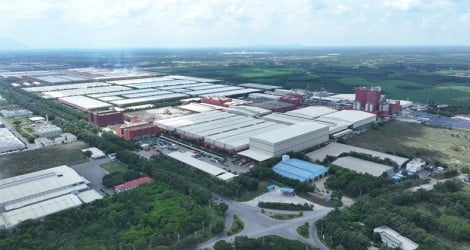
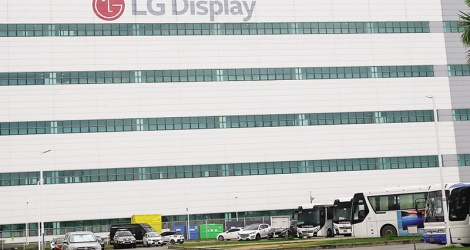


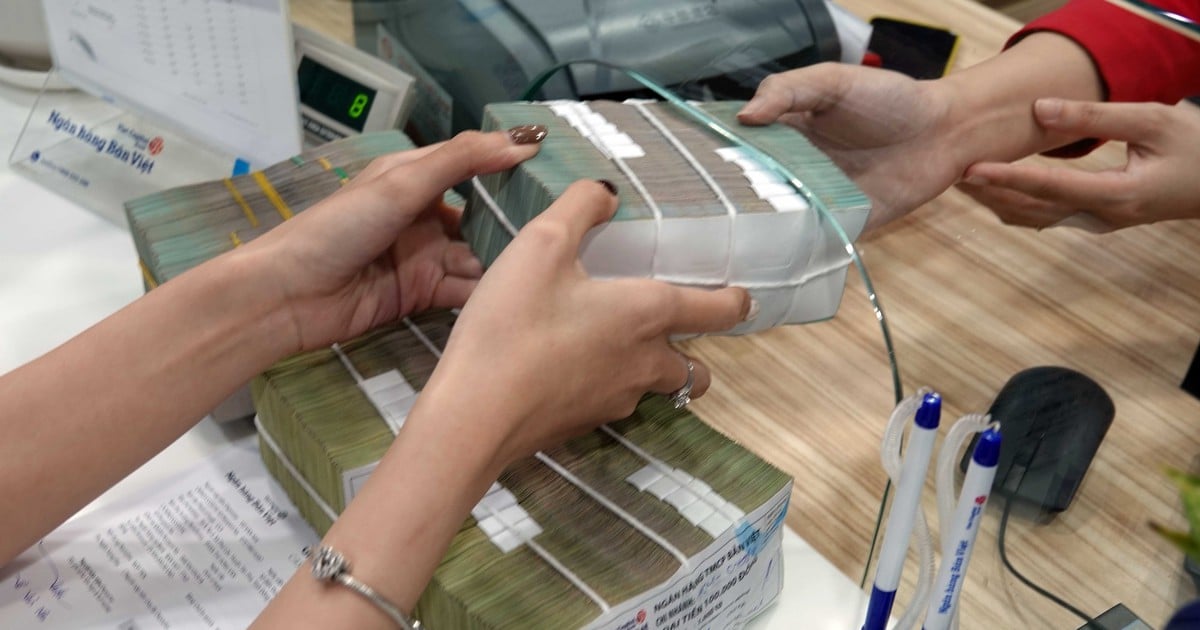
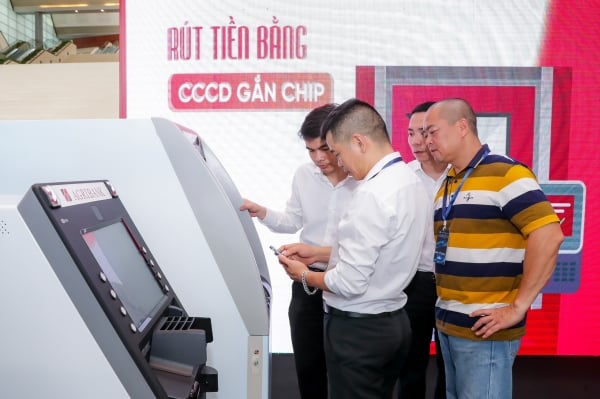
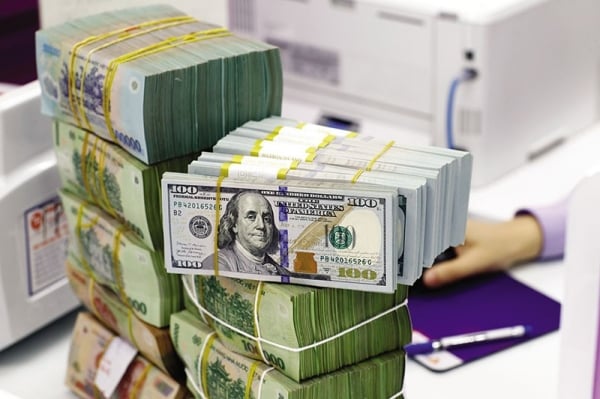
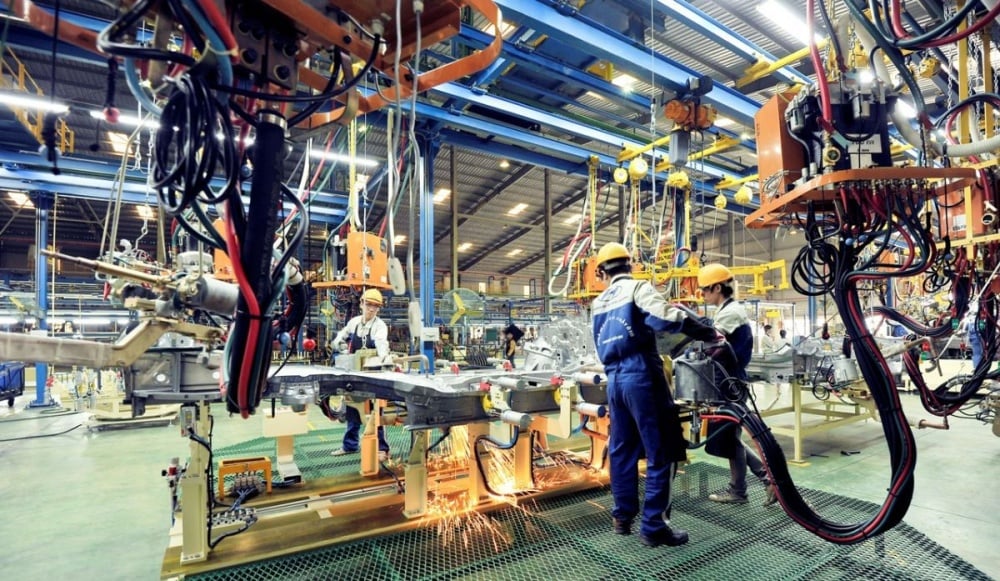

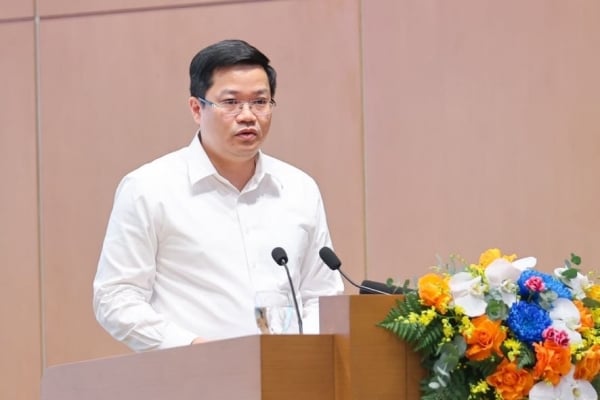



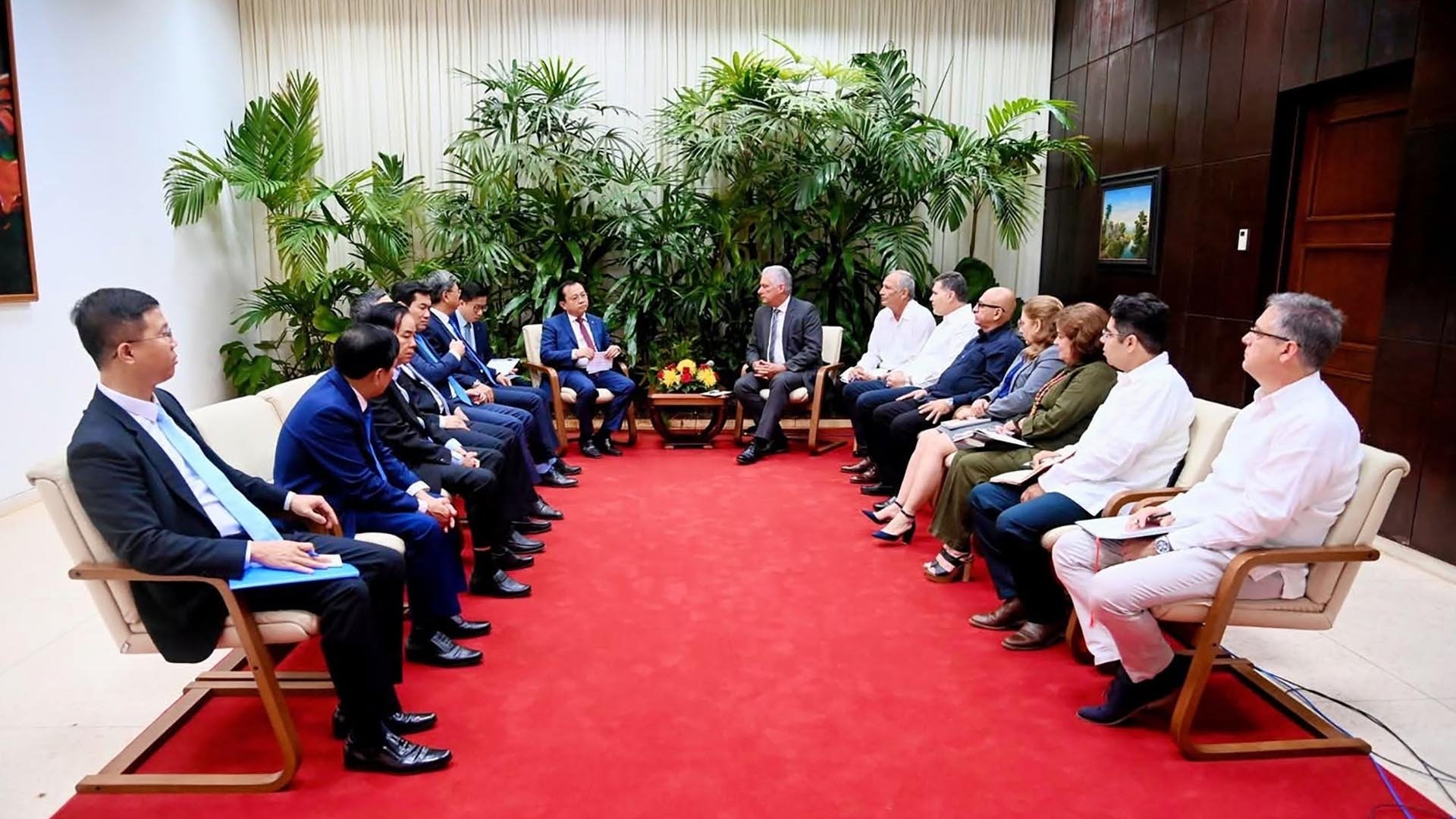
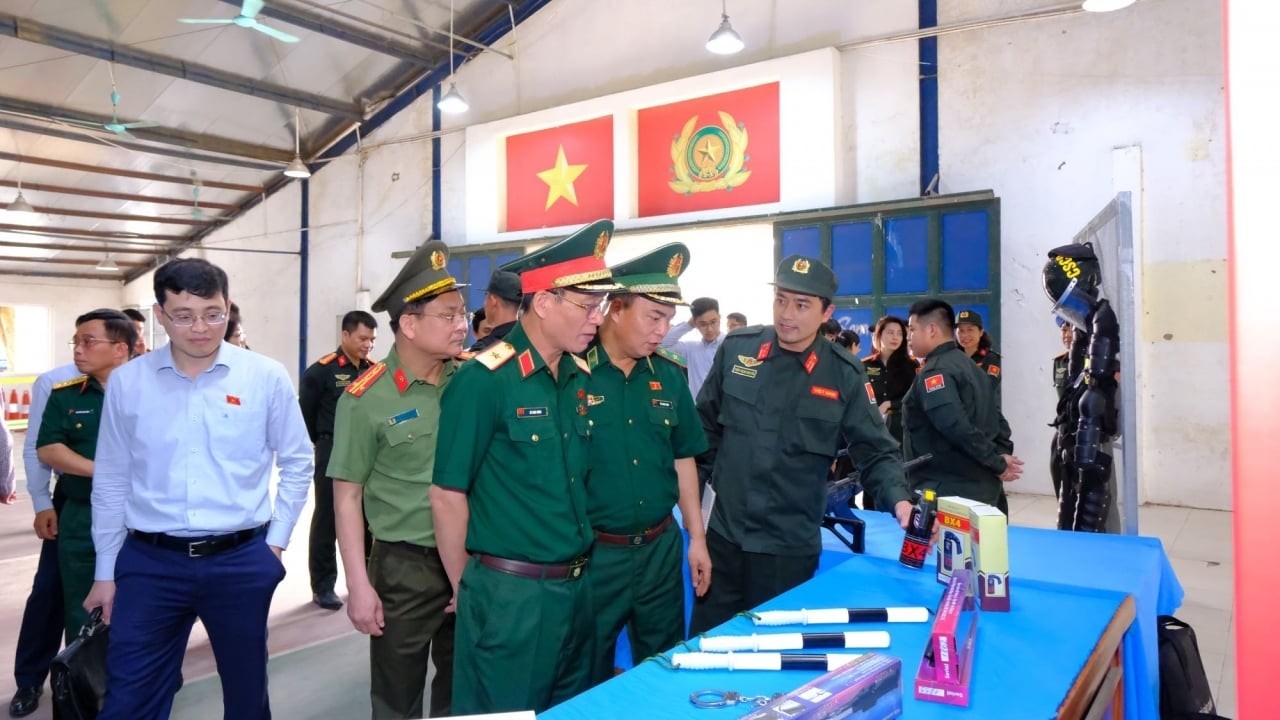
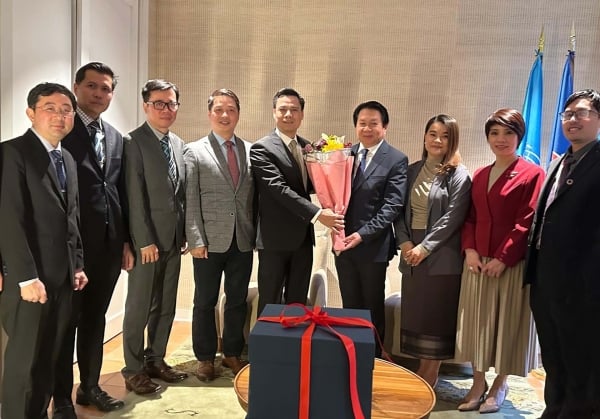
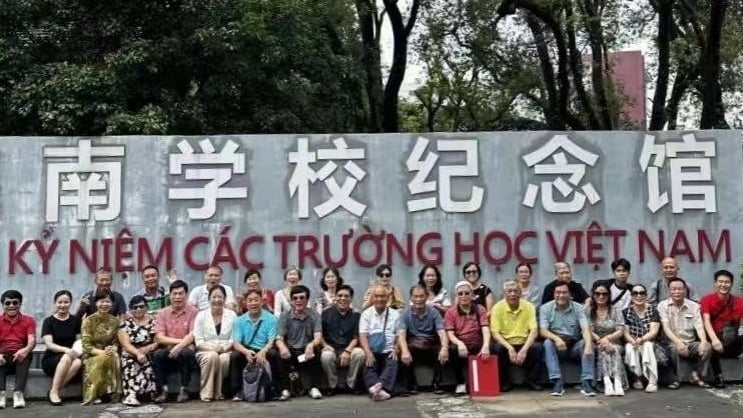
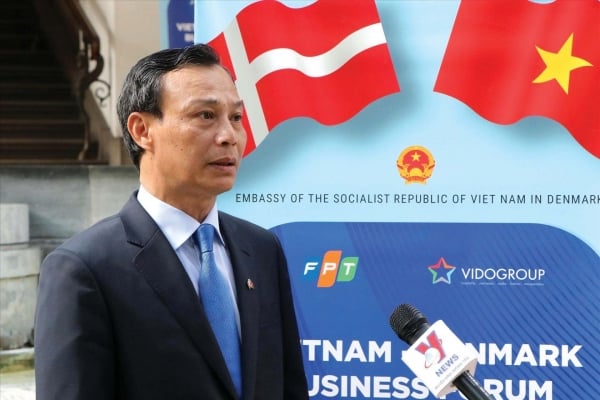
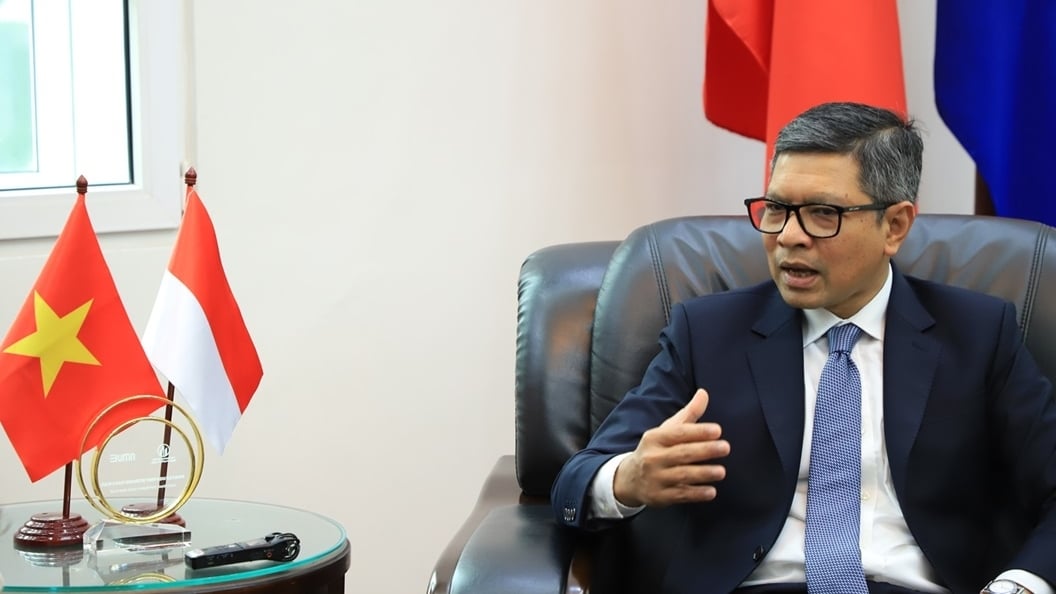
![[Photo] National Assembly Chairman Tran Thanh Man meets with General Secretary and President of China Xi Jinping](https://vstatic.vietnam.vn/vietnam/resource/IMAGE/2025/4/14/4e8fab54da744230b54598eff0070485)
![[Photo] Prime Minister Pham Minh Chinh meets with General Secretary and President of China Xi Jinping](https://vstatic.vietnam.vn/vietnam/resource/IMAGE/2025/4/14/893f1141468a49e29fb42607a670b174)
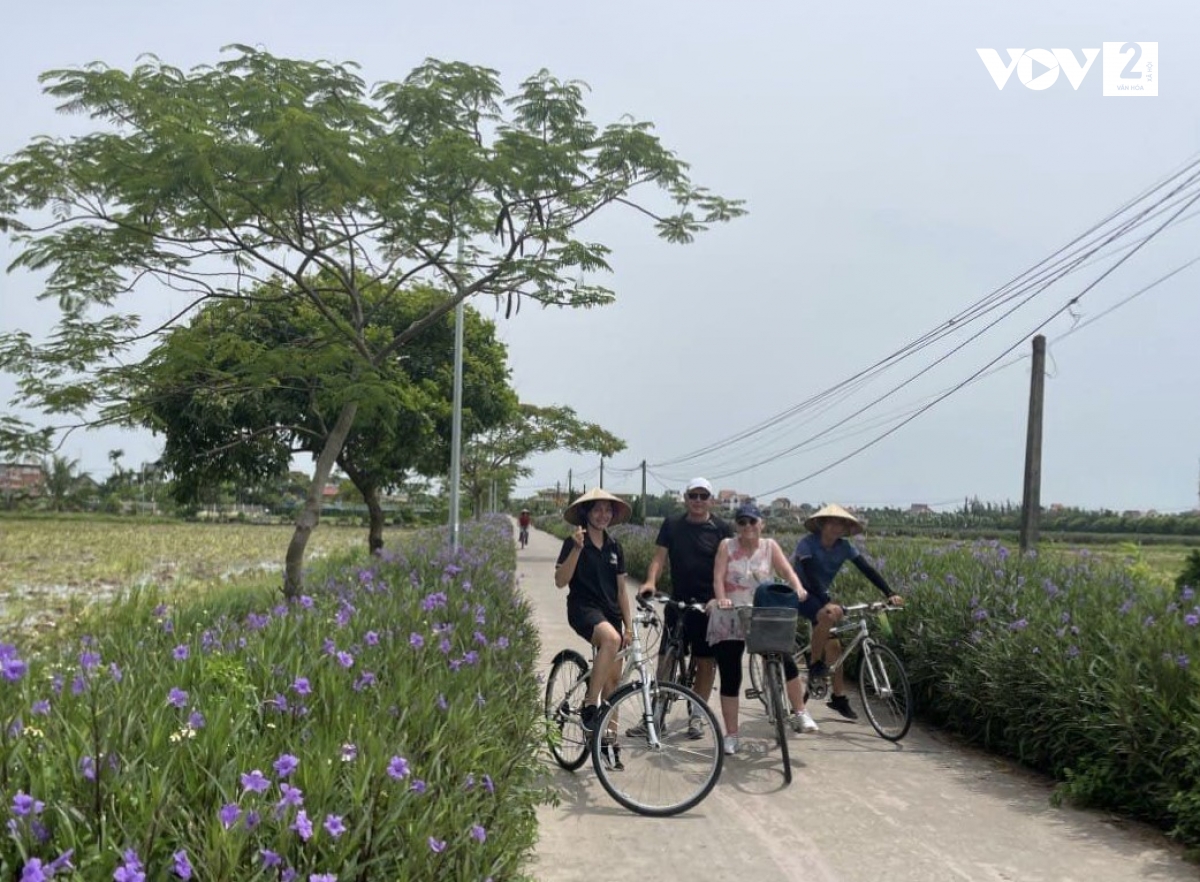

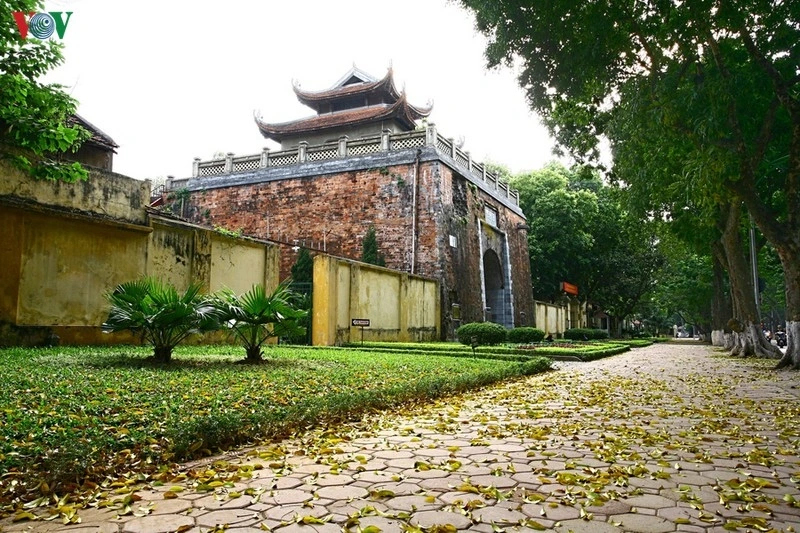


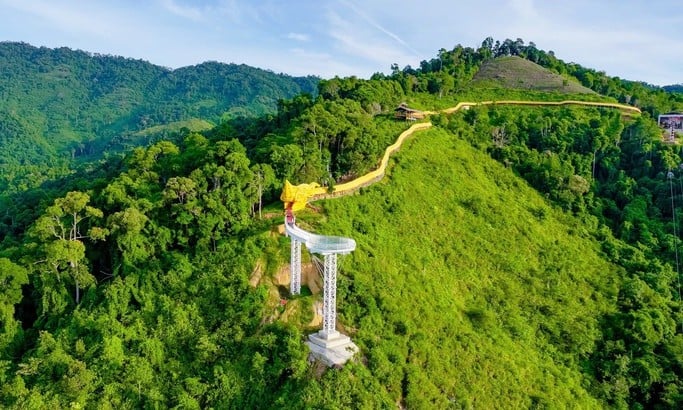







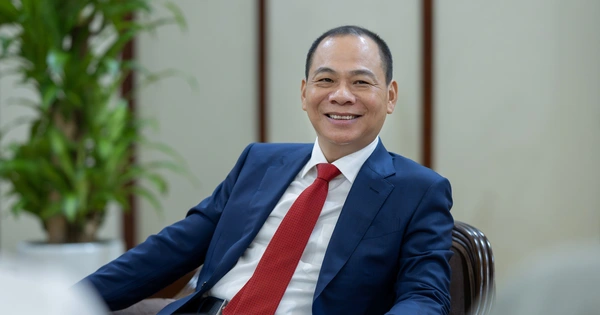


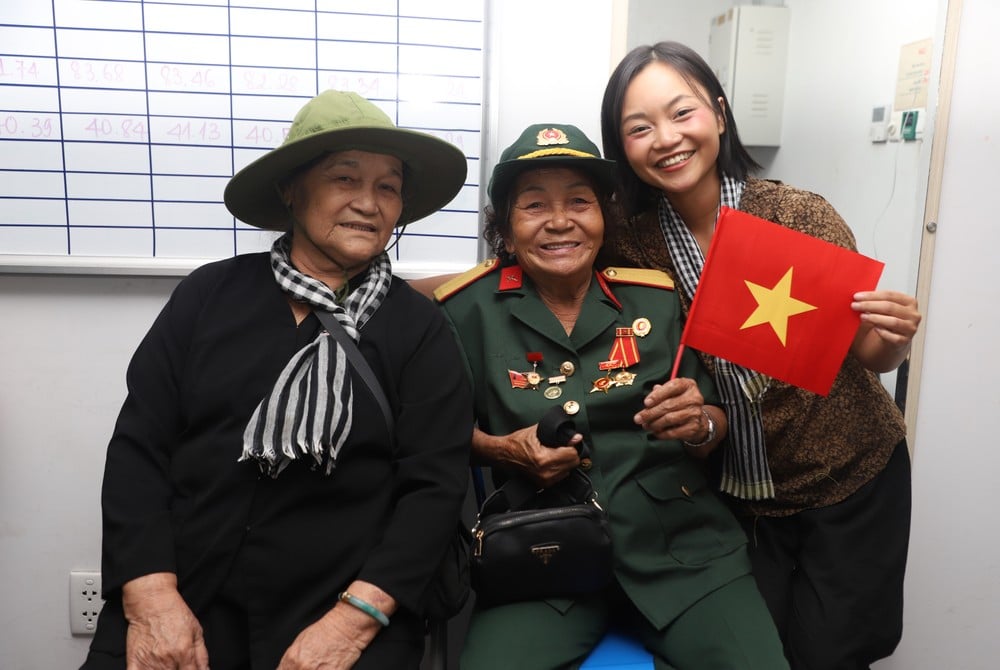


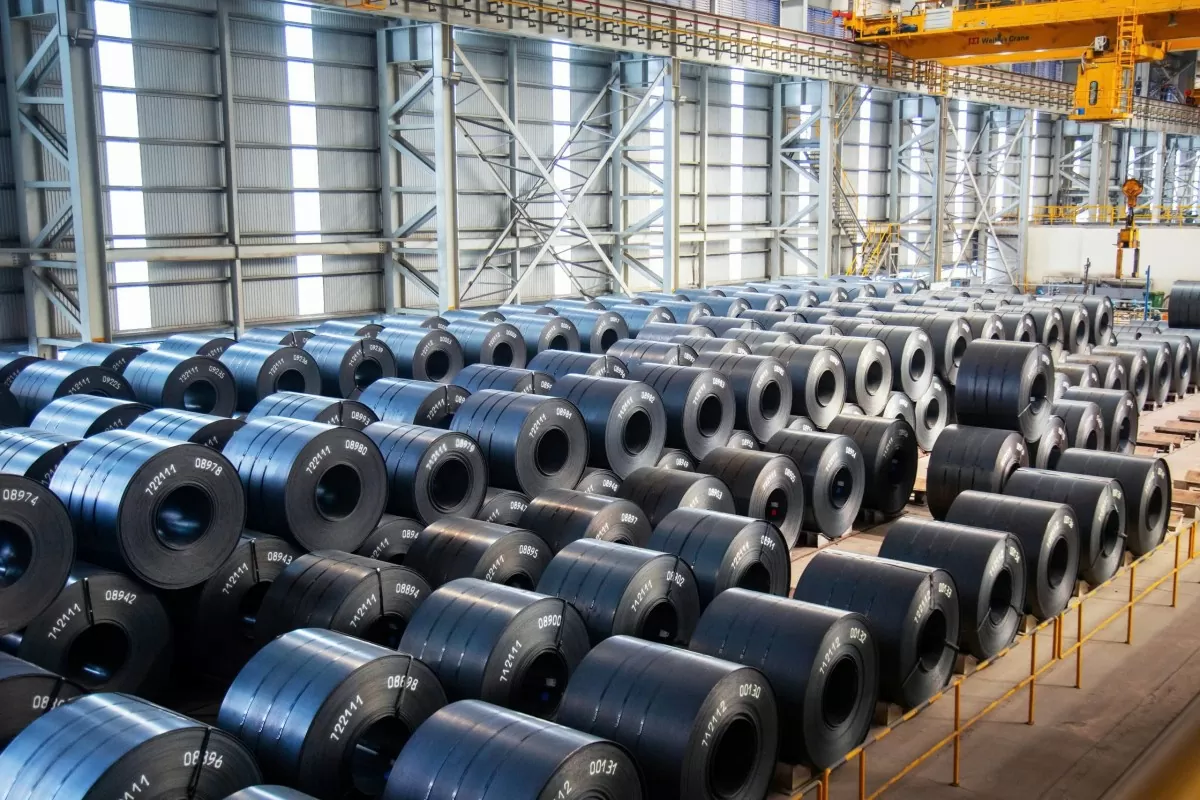




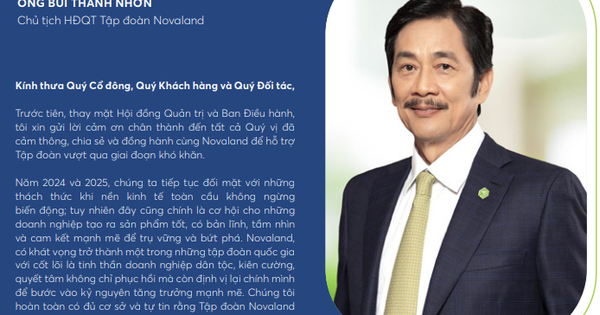








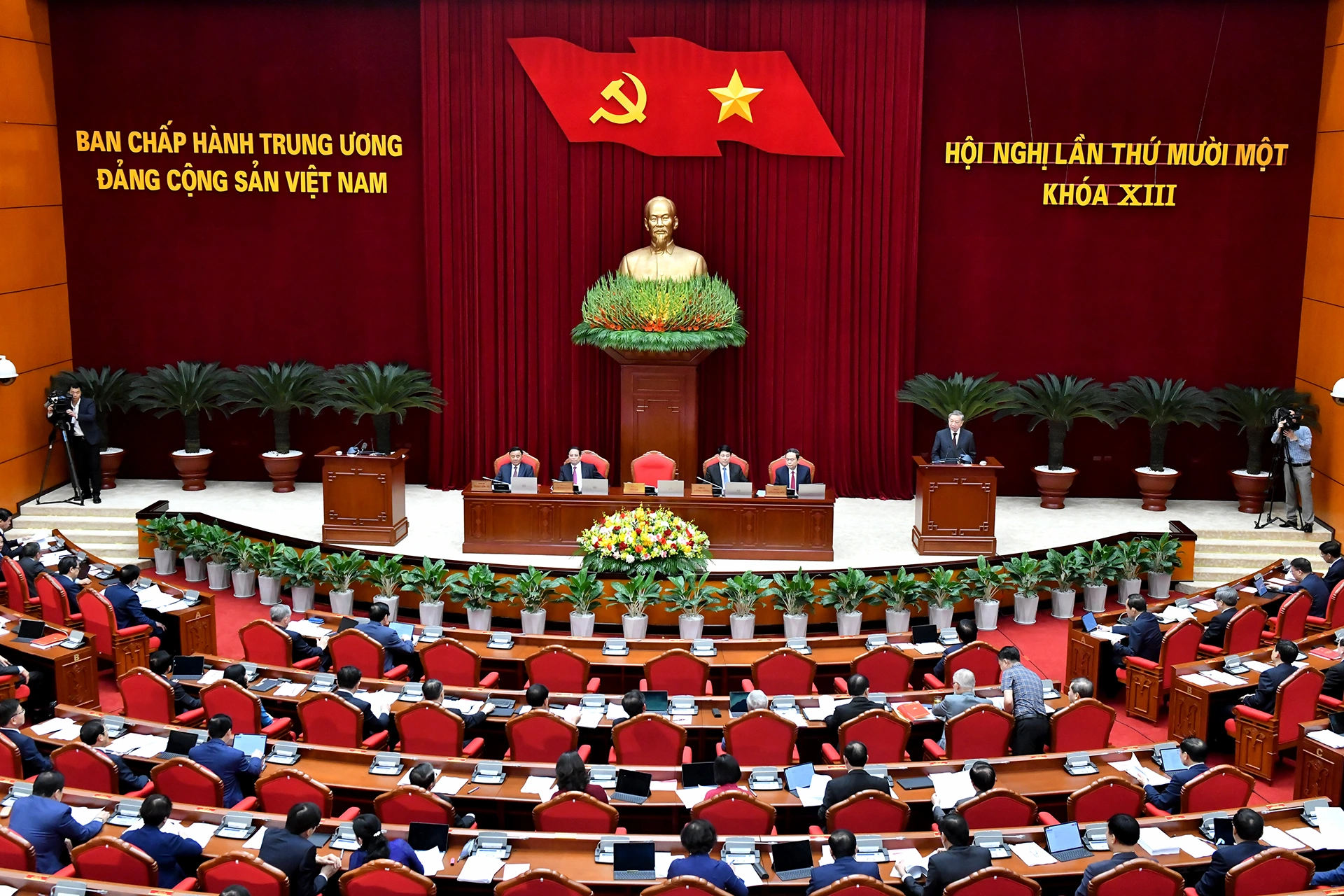
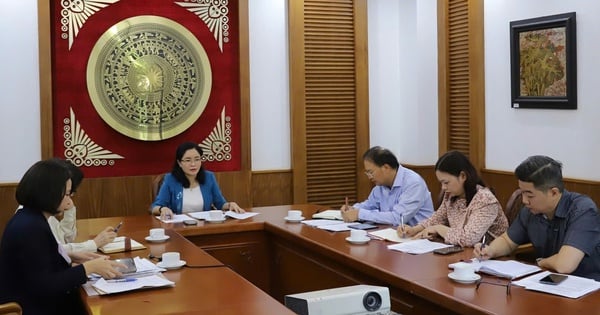

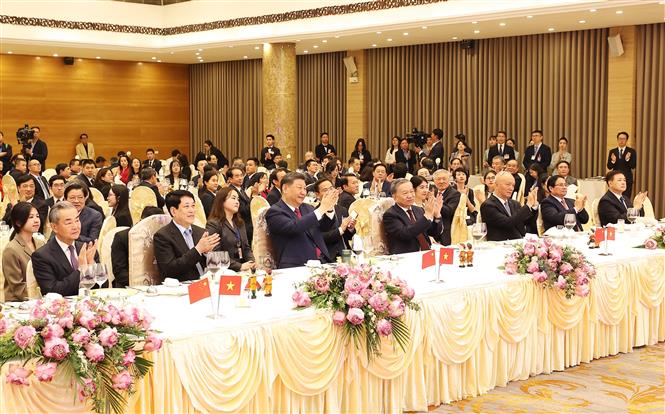

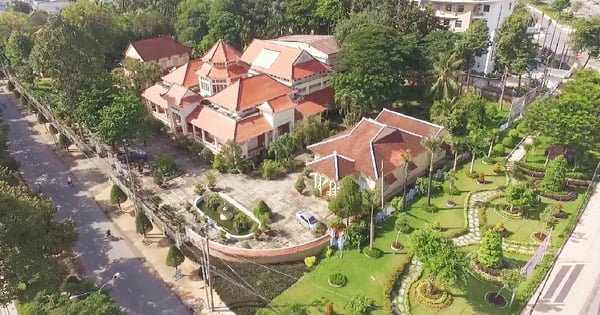

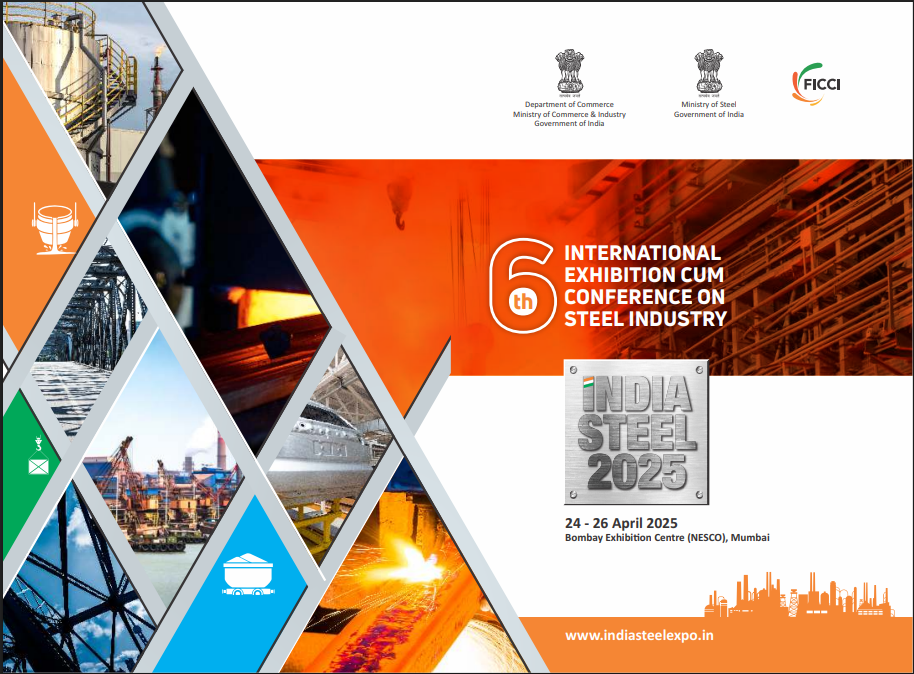

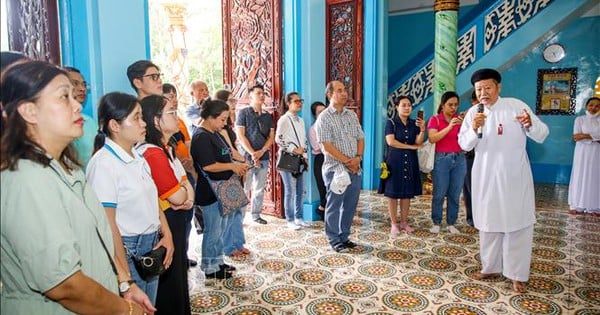


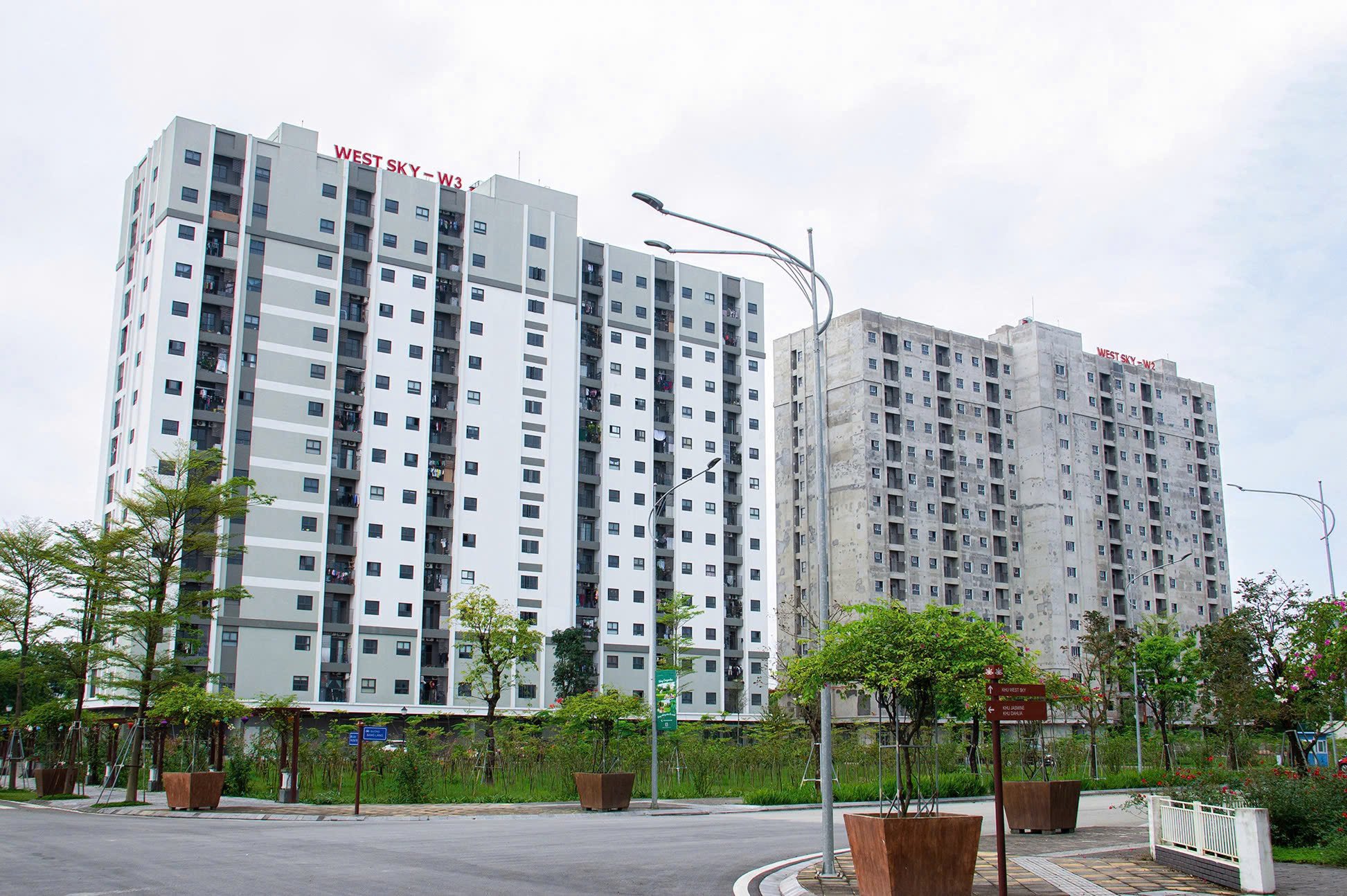
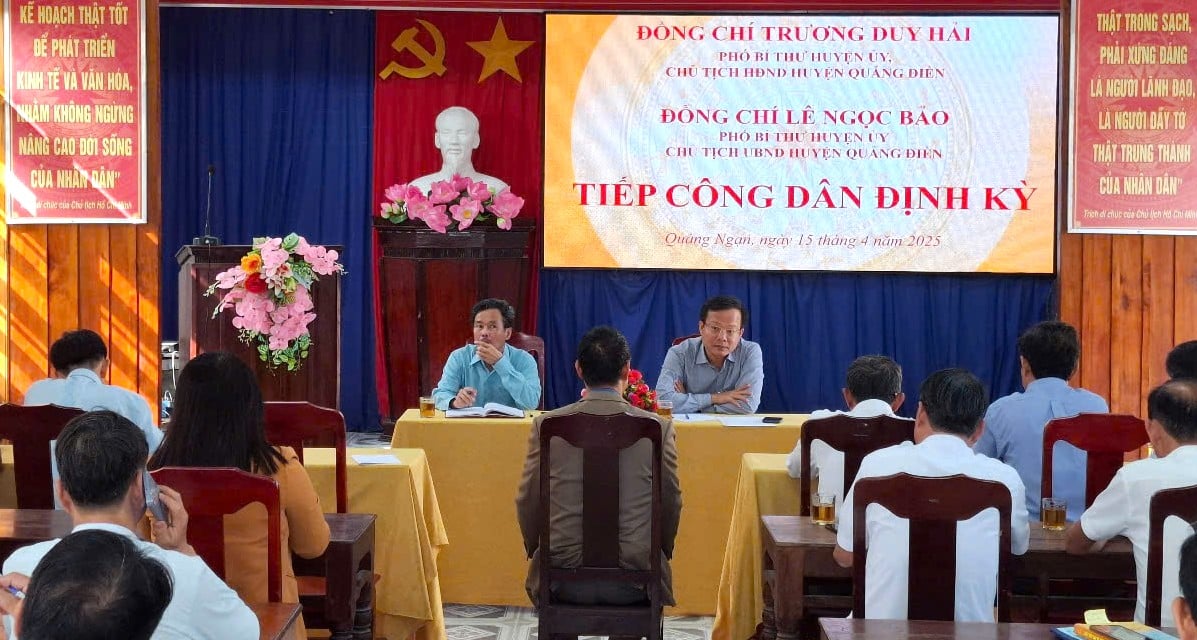
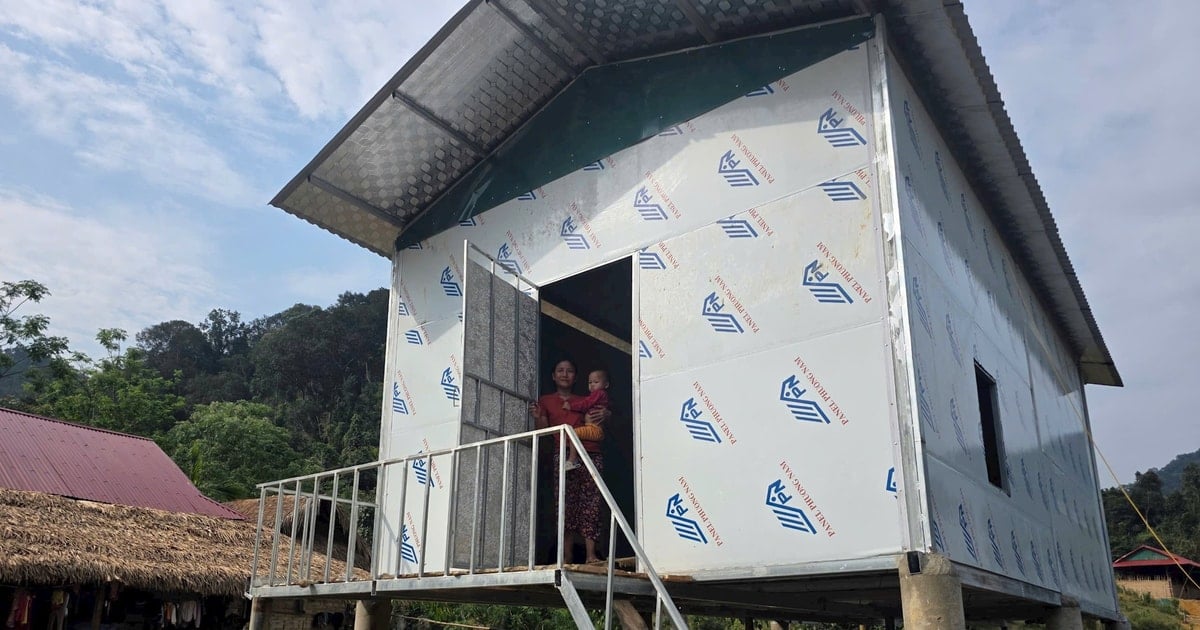

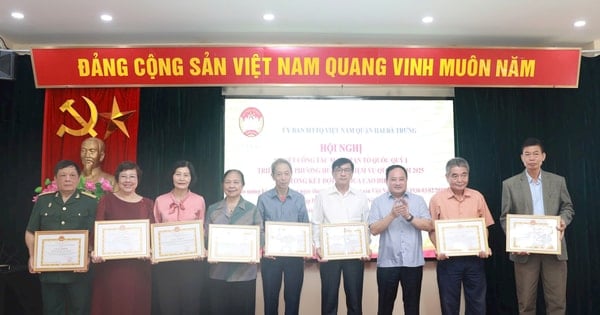

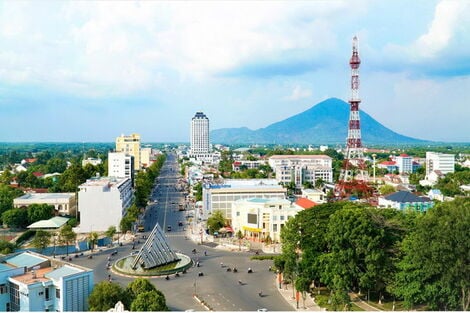


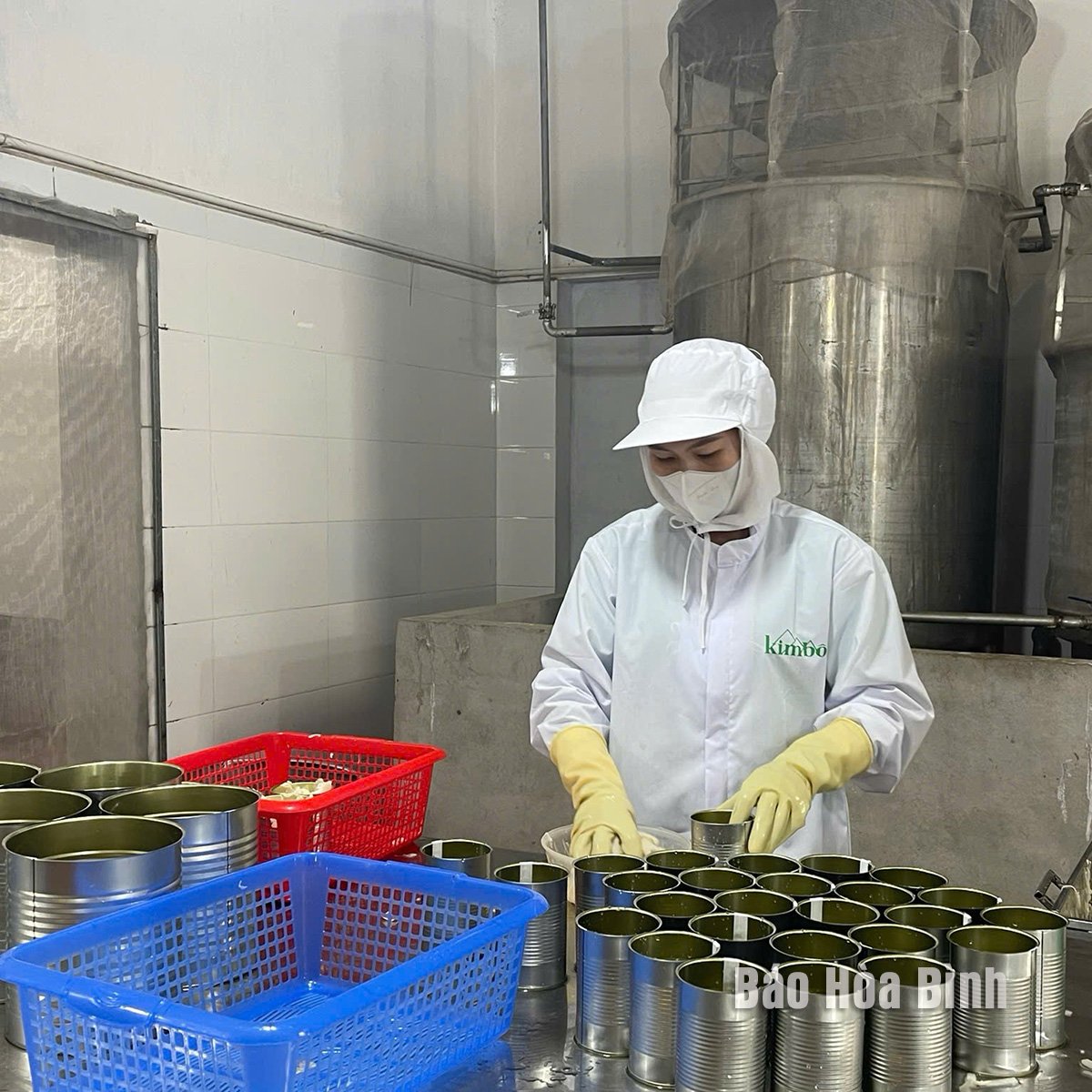







Comment (0)